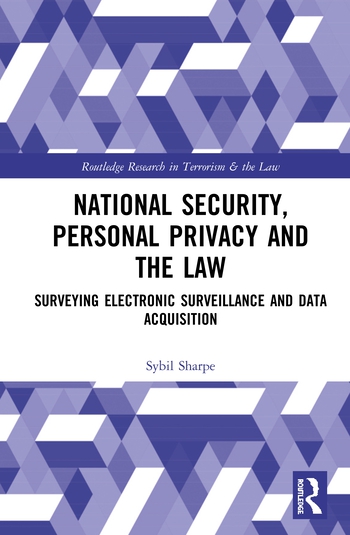Often when there is a fire loss, the owner of the premise has insurance and the carrier denies liability because there is no fire alarm system installed.
In a recent case in the state of Louisiana, the defendant company hired an individual agent to assist in procuring an insurance policy for its property. The agent submitted an insurance proposal to the company and several of its representatives. The proposal contained several quotes for insurance coverage, including the plaintiff’s policy. The plaintiff insurance company’s proposal specifically stated “Warrants and representatives: Central Station Burglar and Fire Alarms.” The defendant company subsequently informed the representative that it had selected the plaintiff’s policy. Shortly thereafter, the defendant’s president executed an Acord Commercial Insurance Application on behalf of the defendant. In the application, the defendant representative warranted that he was “an authorized representative of the applicant” and represented that reasonable inquiry had been made to obtain the answers to questions on the application. In response to a question concerning the property itself, the company representative indicated that the premises had a central station fire alarm. The defendant company then informed the agent that his services were no longer required. The insurance company delivered its policy to the defendant, which included an exclusion for “Protective Safeguards” — including a central station fire alarm. The policy also included the following language: “We encourage you to read your policies to familiarize yourself with the policies terms, endorsements, exclusions and conditions as these affect your coverage.”
Sometime later, the defendant’s property was destroyed by a fire and the defendant submitted a claim to plaintiff insurance company for the loss it sustained. The insurance company then filed a complaint for declaratory judgment and indemnification, alleging that it does not have a duty to pay proceeds that provide coverage under the policy because, among other things, the defendant failed to maintain a central station fire alarm at the time of the fire.
The defendant filed a third party complaint against the agent and its company alleging that they “failed to advise the defendant of the exclusion in the plaintiff’s policy that required the defendant to maintain a central station fire alarm prior to the issuance of plaintiff’s fire insurance policy to the defendant.
The plaintiff insurance company filed a motion for summary judgement, arguing that the defendant should have discovered the central station fire alarm exclusion because they had constructive knowledge of the terms of the policy based on having received the proposal, executed the application and received the policy itself.
The defendant responded that there are genuine disputes concerning the agent’s duties to the defendant and what he did or failed to do with regard to advising on the plaintiff’s policy.
The court indicated that, generally, an insured is deemed to have “discovered” the contents of the policy on the date the insured received the policy.
The court further pointed out that in this case there is no genuine issue concerning any of the facts material to defendant’s having constructive knowledge of the central fire alarm exclusion. The undisputed evidence demonstrates that the defendant (1) received the proposal, including the plaintiff’s quote, which stated “Warrants and Representations: Central Station Burglar and Fire alarms (2) executed the insurance application and represented that the premises contained a central station fire alarm, and (3) received the policy itself which contained the Protective Safeguards exclusion.”
The court pointed out that when viewed collectively, it was more than enough to create constructive knowledge of the policies’ terms and conditions. Language concerning a central station fire alarm, present in all three documents, put the defendant on notice of the exclusion and should have led to further inquiry to clarify a policy’s terms. Under the law of Louisiana, the defendant was under a duty to read the policy once it was received and was deemed to know its contents. Therefore, the plaintiff’s motion for summary judgment was granted.
Readers Ask
I am an alarm company in California presently using electronic contracts and I am faced with a dilemma. I understand that when dealing with a residential customer I must give the customer a notice of its right to rescission. If I deal with the customer electronically, am I required to give that notice and must I give that notice in person?
To ask Les Gold a question, e-mail sdm@bnpmedia.com.
Answer
Under the current law in California, if you’re dealing with a residential customer at a place other than the appropriate trade premises, which is defined as premises where either the owner or seller normally carries on a business and where goods are normally offered or exposed for trade in the course of the business carried on at those premises, you are required to provide the subscriber or customer with a notice of their three day right to cancel. We have always recommended that you give this notice even if the contract was negotiated electronically. Please note, however, that as of January 1, 2016, the law has changed and that pursuant to Section 7599.56 of the California Business and Professions Code, the law specifically provides that contracts for services or other activities authorized by Section 7599.54 (which governs alarm company contracts) may be conducted by electronic means. Further, Section 7599.56 provides under Section (b) that notwithstanding section 1689.6 of the Civil Code, for contracts for services or other activities authorized by Section 7599.54, a notice of cancellation and copies of the contract or offer described in those provisions may be provided and transmitted electronically. So under California law, as of January 1, 2016, the notice of cancellation required on residential sales may be transmitted electronically.









